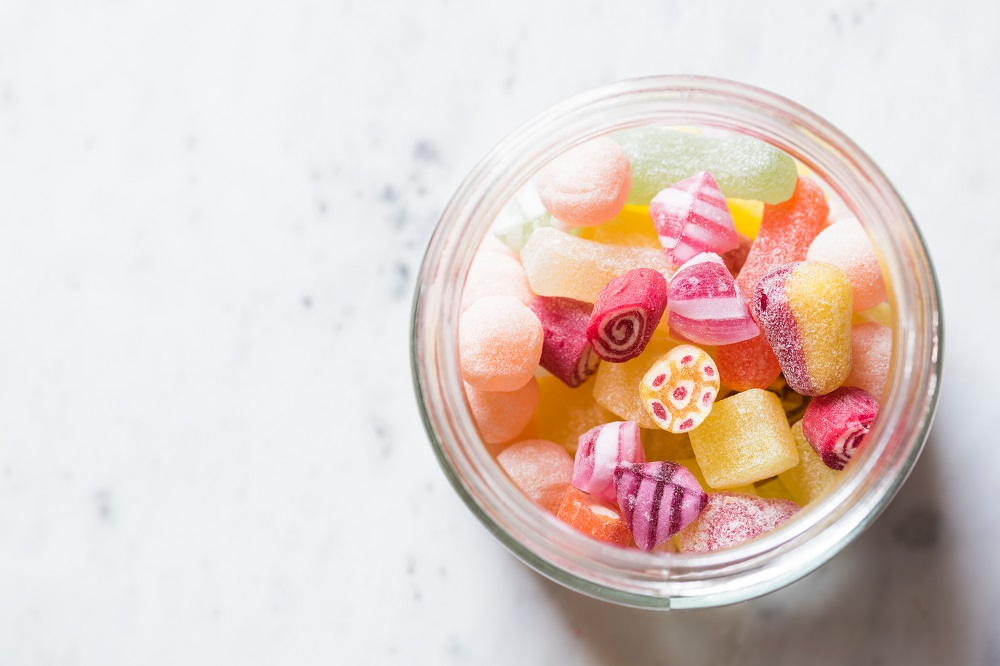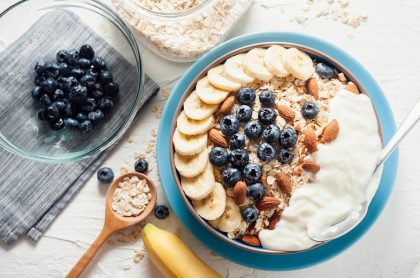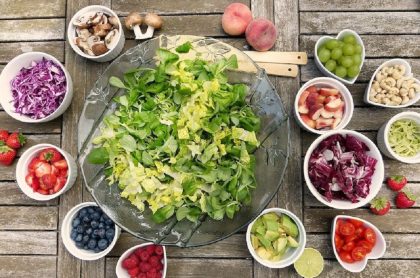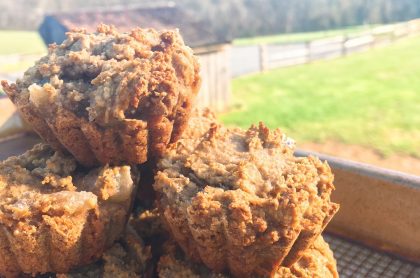Seven simple steps to recover from a sugar binge


Sugar overindulgence happens to the best of us, especially around the holidays! Given the fact that sugar has the same addictive effects as cocaine, it’s understandable that we sometimes lose control.
Sugar, like a drug, activates the reward center in the brain and stimulates release of endorphins. It also increases dopamine, a “feel good” hormone that can fuel addiction. Over time, the receptors in your brain develop a tolerance, and require larger amounts of sugar to release the “happy” chemicals. This creates sugar cravings as your brain demands more sugar and a withdrawal effect when you try and resist those cravings.
Dietary sugar also affects our blood glucose, or blood sugar, levels. Foods high in sugar cause your blood glucose to spike, then crash, leaving you hungry and craving more sugar! As blood glucose levels rise, the pancreas releases insulin, a hormone that shuttles glucose into the cells to be burned for energy.
Insulin suppresses a hormone called leptin, a satiety signal that lets your brain know you’re full. Without leptin, you can continue to feel hungry regardless of how many calories you’ve eaten. This process is like riding a roller coaster, with your blood sugar, appetite, and hormones going up and down.
Eat protein
Skipping your next meal might seem like the logical thing to do after consuming that many calories, but, in reality, all it does is crash your blood sugar and create more cravings. Protein is slower-digesting and helps stabilize blood sugar so you don’t feel tempted to grab more sweets. Try hummus and veggies, hardboiled eggs, a handful of raw almonds, or celery sticks with peanut butter.
Eat your vegetables
When you eat too much sugar, your insulin spikes and tells your body to store extra sugar as fat. Veggies are high in fiber, which slows down the absorption of sugar so your body can burn it more efficiently instead of just storing it. They’re also loaded with antioxidants that help with general detox and the “sugar hangover.”
Eat probiotic foods
Eating sugar feeds the “bad” bacteria in your gut. As the bad bacteria take over, they trigger cravings for more sugar and a cycle begins. Try drinking some kombucha or kefir, or adding plain yogurt or sauerkraut to your daily diet to replenish the good bacteria!
Drink LOTS of water
Sugar, like salt, can cause dehydration. Too much sugar causes water to move out of the cells and into the bloodstream where it’s no longer useful. This triggers symptoms of dehydration and can also cause the post-sugar bloat, leaving you looking and feeling puffy.

Get moving
After the rush wears off, too much sugar will leave you glued to the couch. This is the last thing you want to do! Physical activity, even gentle, will help your body “burn off” the excess sugar instead of storing it as fat. Take a walk, clean the house, dance around with your kids… anything counts!
Get rid of leftovers
Out of sight, out of mind! Remember, eating sugar creates a “roller coaster” effect in your body, leaving you craving more sugar. Removing temptation makes it much easier to resist cravings while you get back on track.
Get a good night’s rest
Riding the blood sugar roller coaster can leave you with low energy for hours, or even days! If you’re short on sleep, you’re more likely to crave sugar for a quick source of energy. Aim for at least 8 hours of sleep, especially after too many sweets.
Let’s face it: you can’t change past behaviors. The best thing to do is move on by taking action to re-balance your body and break the cycle of sugar addiction!
Similar articles
-
Slipped up? How to get back on track with your wedding fitness
inWe’ve all been there – on a diet, focused on our wedding fitness, determined to look and feel our best, doing AMAZING, and then life happens.
-
Five Mediterranean superfoods you need to know about
inWe’ve all heard of the wonders of the delicious chickpea-based dish hummus and how healthy it is, but there are many other, less popular, Mediterranean superfoods.
-
Adaptability is the real way to reduce stress
inI just can’t stand hearing the word ‘stress’ anymore – nearly every health problem is connected to stress and doctors and patients alike both talk about it. In this article, we’re going to discuss how to reduce stress
More in Nutrition
-
Shouldn’t I be losing weight on a plant-based diet?
inLots of people who have recently transitioned to a plant-based diet have been asking, “shouldn’t I be losing weight on a plant-based diet?”
-
Your health destiny is not your child’s health destiny
inAre you thinking about having kids, but have poor health yourself? Do you want to give your child a better health destiny than your own?
-
Gut-friendly muffins when you’re stuck at home
inGut-friendly muffins can be just the thing to bake when you’re stuck at home during these difficult times.

















